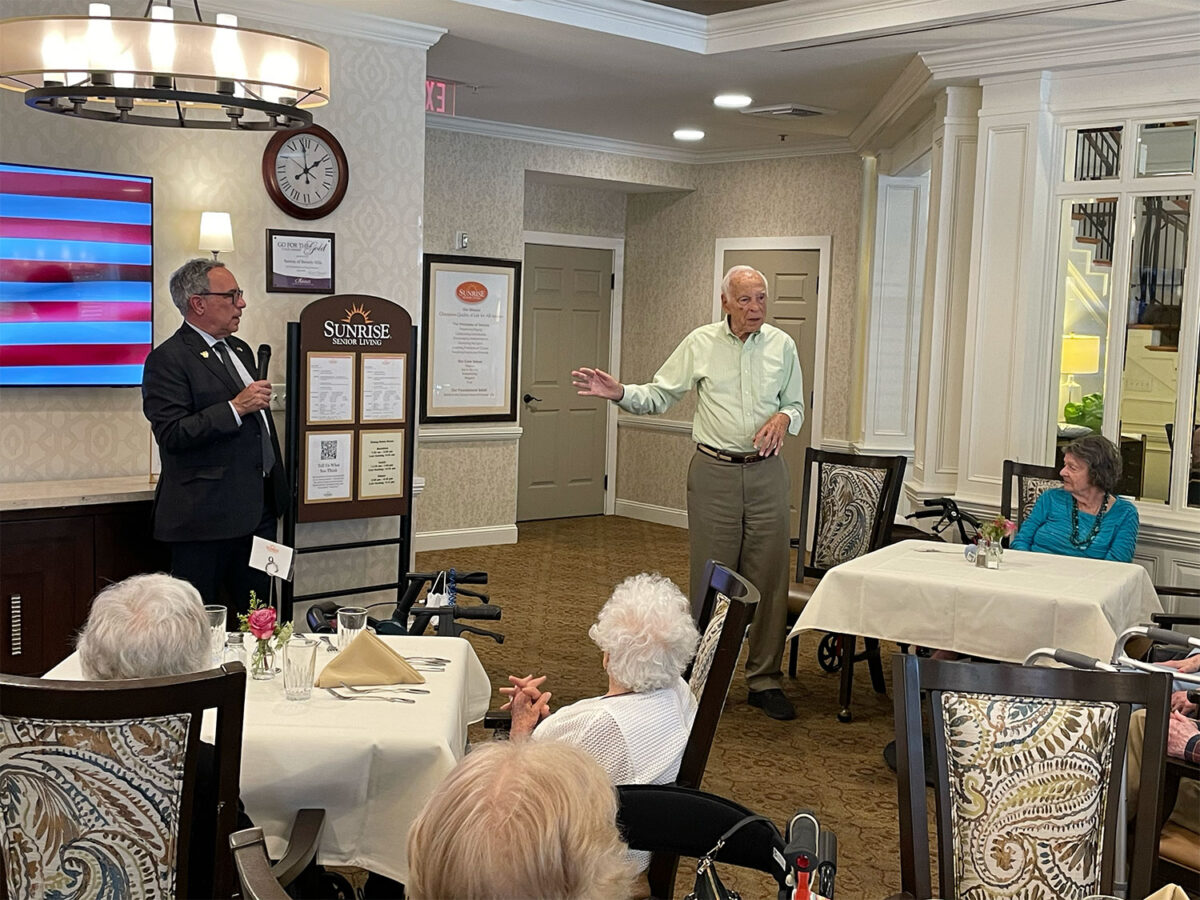The Beverly Hills City Council approved several items at its Formal Session on July 21, including welcoming new commissioners and moving forward with an environmental agreement as part of the Beverly Hills Creative Offices project.
New Commissioners
The Council unanimously voted to appoint three new City commissioners: Lisa Kay Schwartz, Sharona Nazarian and Terri Smooke. Each will be appointed for an initial two-year term.
Schwartz will join the Traffic and Parking Commission, with her term beginning on July 1, 2021. She will replace outgoing Commissioner David Seidel, whose term ends June 30, 2021.
Nazarian will join the Public Works Commission beginning on Jan. 1, 2021. She will replace outgoing Commissioner Jerrold S. Felsenthal, whose term ends Dec. 30.
Smooke will join the Design Review Commission on Jan. 1, 2021. She will replace outgoing Commissioner Mahnaz Sharifi Ardani, whose term ends Dec. 30.
Beverly Hills Creative Offices
The Council voted unanimously to approve an agreement between the City and California-based environmental firm Dudek for a purchase order in the not-to-exceed amount of $472,626 for consulting services to prepare environmental documentation for the proposed Beverly Hills Creative Offices Specific Plan Project. All associated costs will be paid for by the project applicant, Beverly Hills Land Company, LLC.
The project proposal is for 11 new office buildings that range from three to four stories in height on a former railroad right-of-way parcel that runs parallel to North Santa Monica Boulevard (9220 N. Santa Monica Blvd.) and is commonly referred to as “Lot 12.” The proposed project would require a General Plan Amendment, a Zoning Map and Zone Text Amendment, the adoption of a new Specific Plan, the approval of a Vesting Tentative Tract Map, and a Development Agreement. In moving forward, the project applicant is also proposing to transfer ownership of a second parcel (Lot 13) to the City to use for the public benefit.
Brian Goldberg Case
While the federal court may have ruled this month in favor of the City with respect to former Beverly Hills Unified School District Board of Education President Brian Goldberg’s civil action against the City brought in 2016, it was not without cost. “We did spend a fair amount of money on this case,” stated City Attorney Larry Wiener. Over the course of five years, Wiener said the City spent $308,000 in its efforts to prevail.
Goldberg had claimed that he was falsely arrested and his Constitutional rights violated related to his 2015 arrest on misdemeanor battery chargers. At the time of Goldberg’s arrest, he had been vocal in his capacity as Board of Education president in tying then Police Chief Dave Snowden to a Conflict of Interest scandal involving private security company Evidence Based, Inc., which had a contract with BHUSD.
More Legal Fees
The Council agreed to authorize a change purchase order to pay an additional $170,000 to Dapeer, Rosenblit & Litvak to provide legal services related to the prosecution of municipal code violations. The additional appropriation of funds increases the total amount to be paid to the law firm to $770,000.
“Due to greater than expected costs of prosecuting municipal code violations in Fiscal Year 2019/2020, primarily as a result of civil cases regarding party houses, AIRBNB-type rentals, unlicensed drug rehabilitation facilities, and lobbyist prosecutions, a change purchase order is required,” states the July 21 staff report, which was authored by City Attorney Larry Weiner.
Helping Hotels
The Council unanimously voted to defer payment of the municipal surcharge by hotels, similar to what it previously voted to do with respect to the Transient Occupancy Tax (TOT) paid by hotels. The municipal surcharge at hotels is in addition to the TOT. The decision was made in an effort to help hotels, which are suffering financially as a result of the COVID-19 pandemic.
According to the July 21 staff report, which was authored by Budget and Revenue Officer Don Harrison and Management Analyst Arlene Veluz, hoteliers originally believed that the municipal surcharge was deferred under the same terms as the TOT.
In voting to adopt the resolution ratifying the Director of Emergency Services Order No. 3, hotels can defer payment of the municipal surcharge for the months of February, March and April in the same manner as the City Council deferred TOT payments for those three months. In order to qualify for the deferral, the hotel must enter into a written payment agreement with the City as follows: the February 2020 and March 2020 municipal surcharge shall be paid in six equal monthly installment payments by the first of each month beginning Oct. 1 through March 1, 2021. The April municipal surcharge must be paid by Aug. 30.
“The fiscal impact of this item would be a loss of investment revenue of about $2,000 derived from development agency fees/municipal surcharges for the months of February 2020 and March 2020,” states the staff report.
Legislative Support
The Council voted to accept recommendations codified by Policy and Management Analyst Cynthia Owens to take a position on a variety of federal and state legislative bills. The recommendations mirror what was agreed upon by the Beverly Hills City Council Liaison Legislative/Lobby Committee of Vice Mayor Bob Wunderlich and Councilman John Mirisch.
Among the bills the Council voted to support were two dealing specifically with the COVID-19 pandemic, including: Assembly Bill 1436 (Chiu) – Tenancy: Rental Payment Default: State of Emergency: COVID-19; and Senate Bill 1410 (Caballero) – COVID-19 Emergency: Tenancies. With respect to AB 1436, the City would face a potential decrease to business tax revenue from property owners due to potential deferral of rental payments for the duration of the pandemic. SB 1410 would prohibit the landlord from serving a notice terminating the tenancy during the state of emergency.
The Council also voted to take a stand opposing two bills, unless amended, including a bill dealing with housing: Senate Bill 902 (Wiener) – Planning and Zoning: Housing Development: Density. The bill would authorize a local government to pass an ordinance, notwithstanding any local restrictions on adopting zoning ordinances, to zone any parcel for up to 10 units of residential density per parcel, at a height specified by the local government in the ordinance, if the parcel is located in a transit-rich area, a jobs-rich area, or an urban infill site. “While this bill does not require a local jurisdiction to increase the amount of units that may be built on a residential parcel, it does grant a local jurisdiction the ability to override a voter approved initiative on zoning. This would not necessarily be in the best interest of the City,” states the staff report, which was authored by Owens.







